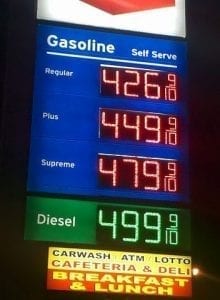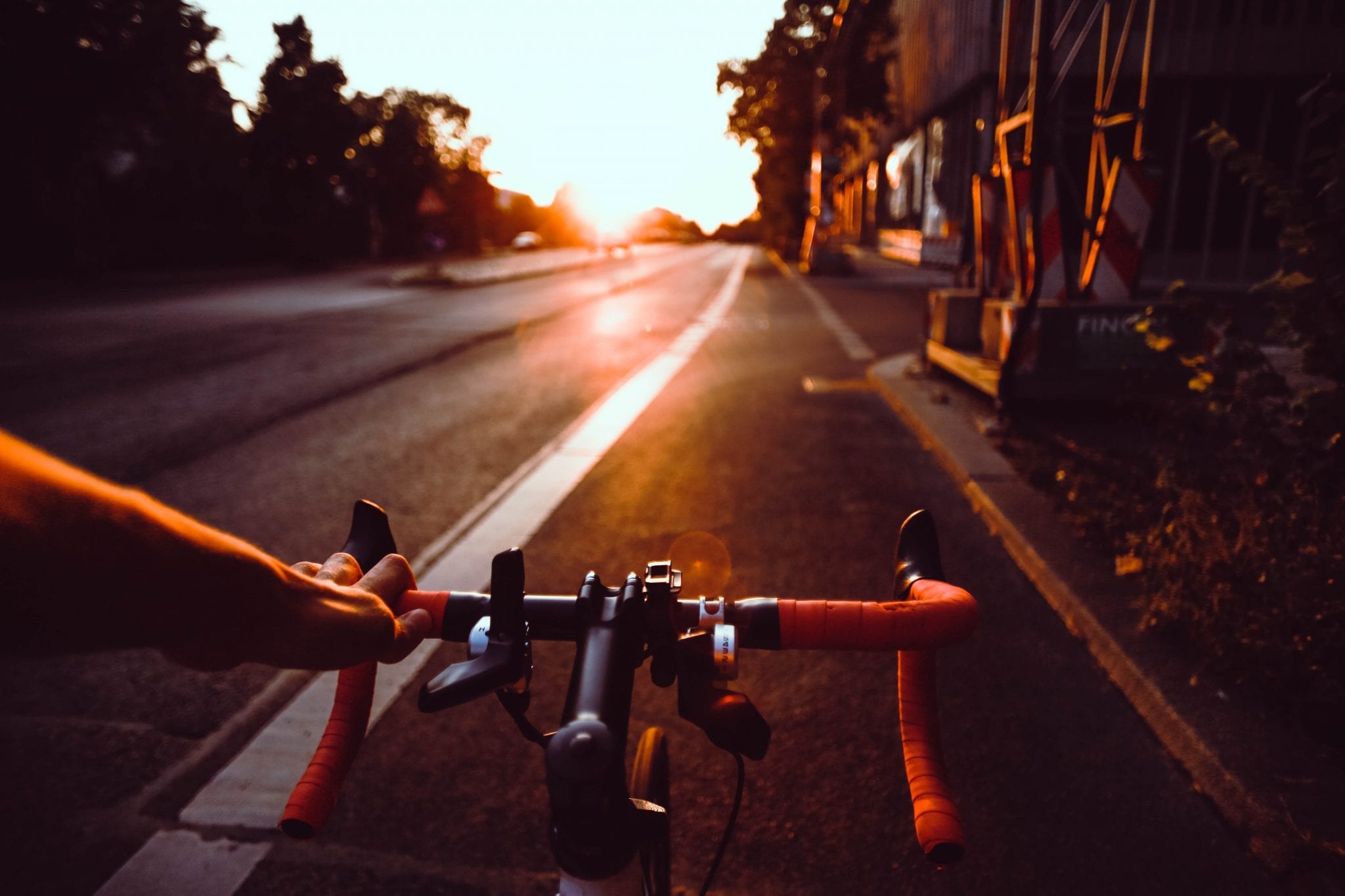A cyclist seeking justice, bike lane battles, and hidden fees get exposed. LegalRideshare breaks it down.
Location isn’t confined only to real estate this week. It’s bike lanes, bikes lanes, bike lanes, and it’s all here in This Week in Rideshare.
MONDAY 10/4/21
After a cyclist was severely injured in a hit and run, LegalRideshare has stepped in demanding justice. NBC5 reported:
Before Dicker could stop, the passenger opened the door.
“I had no chance. It came out of nowhere,” the bicyclist said. “It was pretty gory. Basically, my face went right into a car.”
Dicker underwent multiple surgeries for the severe injuries to his face.
Although the driver and passenger got out of the car to check on Dicker, he says both left the scene before police arrived.
Bryant Greening, an attorney with LegalRideShare, is demanding rideshare companies like Lyft and Uber educate drivers and passengers about Chicago’s bike lane ordinance which prohibits vehicles from idling or parking in bike lanes.
TUESDAY 10/5/21
Parking is disappearing and Uber and Lyft may be to blame. Gizmodo reported:
Resident car owners were furious to discover just recently that the New York City Department of Transportation (DOT) has been quietly planning the bike lane for the last seven years. Construction started as early as June, without much warning.
Here’s where Uber and Lyft come in, and the local skirmish potentially takes a more broadly relevant twist. Meeker Ave Neighbors, the group behind the petition to halt the refurbishment, learned that Transportation Alternatives(TA), the muscular, decades-old bike lane advocacy group behind the plan, accepted a combined $125,000 from Uber and Lyft in 2020, along with donations from Revel, Bird, and Lime.
WEDNESDAY 10/6/21
911 centers can now track Uber distress calls. ABC 7 Chicago reported:
Walsh said she and other emergency responders will automatically know those details and an exact location if riders or drivers use the new “slide to call” 911 feature in the Uber app.
“And it will show us your Uber information, so license plate, car make, model, whoever is calling, their name and phone number,” she explained.
Her 911 center and others in the area recently launched the Uber 911 app feature, with the use of tech from another company called RapidSOS.
THURSDAY 10/7/21

Drivers in Brazil are disappearing over gas prices. Bloomberg explains:
Gasoline prices, which have soared nearly 40% from a year ago to more than 7 reais per liter in some cities (roughly equivalent to $4.85 a gallon), are compounding drivers’ bills and causing many to give up on the job in Uber Technologies Inc’s largest market outside the U.S.
In Sao Paulo, Latin America’s largest city and one of the busiest in the world for Uber, 25% of drivers for the platform and local competitor 99, owned by China’s Didi Global Inc, have quit since the start of the pandemic, according to the city’s Association of App Drivers, or Amasp.
FRIDAY 10/8/21
A new California law, lifts the veil on hidden delivery fees. MarketWatch reported:
AB 286 requires delivery apps like DoorDash DASH, +0.75%, Uber Eats UBER, -0.30% and Grubhub GRUB, +0.69% to give delivery workers all their tips. The bill also prohibits food-delivery apps from charging customers more than restaurants do. And it addresses hidden fees by requiring the companies to disclose to restaurants and customers a detailed cost breakdown of each transaction.
DoorDash, which originally said it had no comment on the signing of AB 286, later said it “already provides transparency” throughout its platform to customers, merchants and delivery workers. The company also said “Dashers always receive 100% of their tips and see the full breakdown of all of their deliveries” in the app.
LegalReader thanks our friends at LegalRideshare for permission to share this news. The original is found here.


Join the conversation!